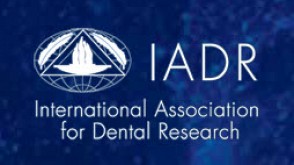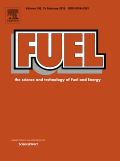 Jens Christian Schwamborn, a stem cell researcher at the University of Luxembourg, is retracting a 2007 paper on how to grow brain cells.
Jens Christian Schwamborn, a stem cell researcher at the University of Luxembourg, is retracting a 2007 paper on how to grow brain cells.
The paper, “Ubiquitination of the GTPase Rap1B by the ubiquitin ligase Smurf2 is required for the establishment of neuronal polarity,” was published while Schwamborn was at Westfälische Wilhelms‐Universität Münster in Germany. An anonymous critic had sent questions about the study to Germany’s DFG in the middle of last year, and later to Paul Brookes, who posted them on PubMed Commons.
Those criticisms match the problems listed in the detailed notice: Continue reading Stem cell researcher retracts neuron paper for “image aberrations”








